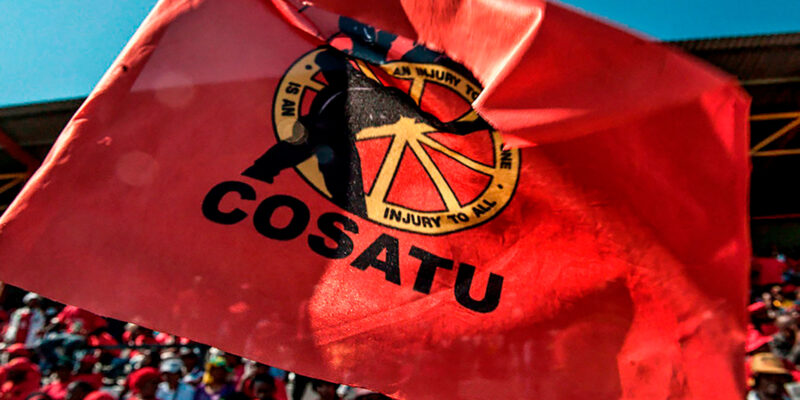Lucien van der Walt e Mandy Moussouris. “Anarcho-syndicalism and Union Education in South Africa: A Critical Evaluation of the Congress of South African Trade Unions (COSATU) Tradition”

Lucien van der Walt and Mandy Moussouris (2020), “Anarcho-syndicalism and Union Education in South Africa: A Critical Evaluation of the Congress of South African Trade Unions (COSATU) Tradition,” in Linda Cooper and Sheri Hamilton (eds.), Renewing Workers’ Education: Towards a Radical, Alternative Vision, HSRC Press: Cape Town, pp. 199-214.
This chapter focuses on the potential of trade union education as a revolutionary force in society. It aims to provide a deeper understanding of types of union education in history and practice – primarily anarchist / anarcho-syndicalist education – which have either led to revolution or built a strong revolutionary culture, and to use these to evaluate critically the evolution of union education in South Africa from the late 1980s. It seeks to understand why, in some instances, union education broadens and deepens struggle, and in others does not.
It is intended that the overall analysis provide some understanding of the potentially revolutionary role of union education and enable some lessons to be drawn on what can limit, even completely undermine, this potential. By ‘revolutionary education,’ this chapter means education linked to, and controlled broadly by, the working class through its organisations – in particular, the unions – and which builds political understanding, strong organisation and the individual’s intellectual and other skills. These include capacities in critical, evidence-based, logical reasoning and individual initiative, and intellectual and other skills that have the explicit intention of replacing the existing social order with a new, egalitarian and democratic one.
Against this backdrop, the chapter examines the evolution in South Africa of the main trade union federation, the Congress of South African Trade Unions (COSATU), from its founding in 1985 as an independent mass movement struggling against both capitalism and apartheid towards a more corporatist union model focused on replacing neoliberal with social-democratic capitalism. It also examines the accompanying shift from fighting the (apartheid) state to being closely connected to the (parliamentary-democratic) state as part of a Tripartite Alliance with the ruling African National Congress (ANC) government and South African Communist Party (SACP). It argues that running alongside these shifts, there was a move from revolutionary education towards a doctrinaire hierarchical model rooted in Marxism-Leninism, which had significant negative effects on union education’s revolutionary potential.
The chapter specifically challenges the contention on the left that it was the unions’ embrace of the post-apartheid state’s stress on accredited, skills-focused education that crippled union education. Formal education and skills development are particularly important to challenging the apartheid legacy of racist educational inequities and workplace hierarchies, including de facto job colour bars, and are potentially able to equip workers with the vocational and administrative skills needed to take over and self-manage production. There is nothing in the pursuit of accreditation and vocational skills intrinsically at odds with the development of revolutionary ideas; indeed, these complement a radical, politicised union education. Rather, today’s crisis in union education is strongly linked to a shift in pedagogy, rooted in the increasing power that a section of the SACP wielded over unions, and the accompanying closing of political space, debate and critical thinking.
* Download the complete article here : van der Walt, Moussouris – 2020 – Anarcho-syndicalism and Union Education – Critical Evaluation of the COSATU Tradition

